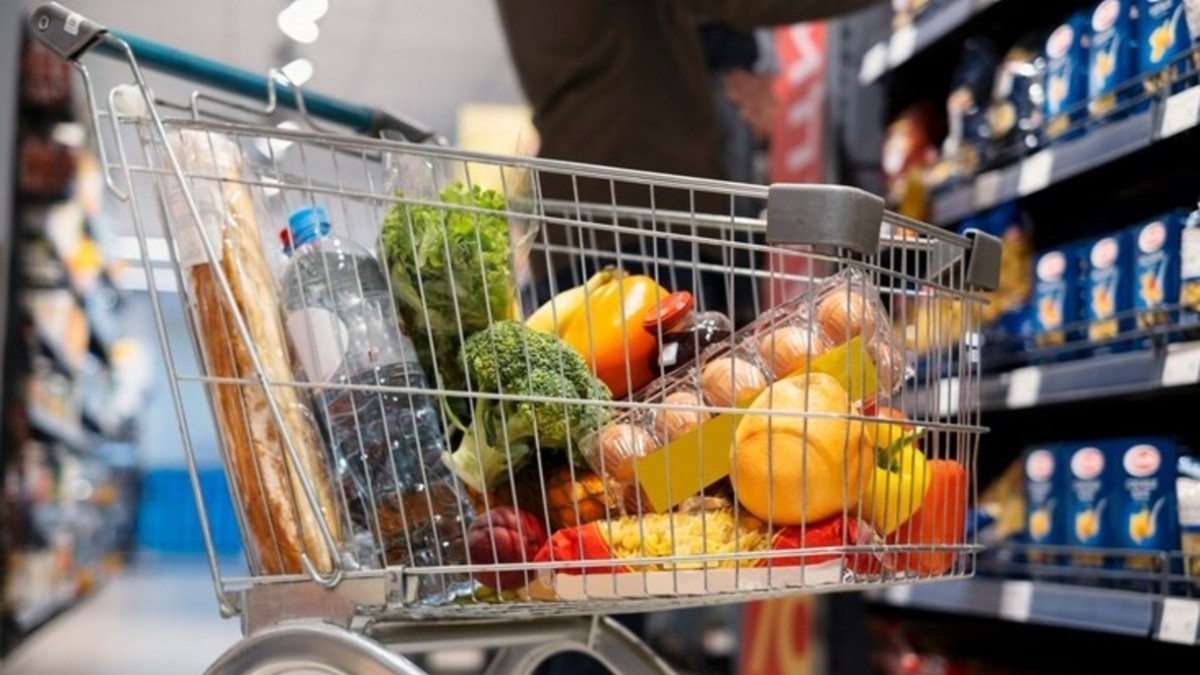Food Stamp Reforms: Updates Could Impact Millions

Agriculture Secretary Brooke Rollins and Secretary of Health and Human Services Robert F. Kennedy Jr. highlighted their strong cooperation in overhauling the Supplemental Nutrition Assistance Program (SNAP). This alliance seeks to integrate SNAP into the larger initiative known as 'Making America Healthy Again.' Rollins stressed that farmers and ranchers play an essential part in providing healthy food options to individuals at the bottom of the economic ladder.
One of the particular reforms suggested by Kennedy includes eliminating sodas and sweets from the list of items permissible for acquisition using food stamp benefits. Presently, The SNAP benefit enables the acquisition of fruits, veggies, meat, dairy items, breads, cereals, snacks, and non-alcoholic drinks. Nevertheless, the proposal aims to modify the 'snacks and non-alcoholic beverages' classification by explicitly excluding sodas and candies, with the intention of tackling problems associated with obesity and chronic illnesses.
Extent and influence of SNAP
In 2023, SNAP, which is a federal nutrition aid initiative managed by the USDA’s Food and Nutrition Service (FNS), served around 42 million Americans , emphasizing its broad reach. The federal government entirely finances SNAP benefits, whereas states bear half of the administrative expenses. State agencies handle the program locally, assessing household eligibility and issuing benefits, thus serving as an essential lifeline for numerous low-income families.
In 2023, the overall federal spending was SNAP was $112.8 billion. Some Republican lawmakers have expressed worries regarding 'frivolous expenditures' and 'incorrect disbursements.' A representative for Agriculture Committee Chairperson Glenn 'GT' Thompson stated that they are currently working on reducing unnecessary expenses, which involves reviewing how states manage these funds. SNAP , which allegedly includes more than Approximately $13 billion each year in incorrect payments. Every possibility to manage waste effectively and encourage improved state governance is under consideration.
The suggested changes have ignited a discussion, with numerous Democrats disagreeing with possible reductions to the initiative. Katie Bergh, an analyst at the Center for Budget and Policy Priorities cautioned that if states fail to close the significant shortfall in federal funding SNAP If funding is reduced, they might have to cut back or stop providing food aid, which could leave numerous lower-income families struggling to buy groceries.
Departmental restructuring
Secretary Rollins additionally referred to a significant overhaul within her department; however, it is still uncertain whether this will have a direct impact. SNAP The reorganization might affect the administration of the program, introducing an additional level of intricacy to the continuous changes. Stakeholders are keeping a close watch on these changes to grasp how they might affect SNAP and its beneficiaries.
The proposed SNAP Reforms carry substantial political and social consequences. Some people see these alterations as essential steps toward enhancing public health and cutting down government expenses, whereas others worry that they might intensify food scarcity amongst disadvantaged groups. This disagreement highlights the difficulties involved in reconciling economic prudence with aiding underprivileged households, rendering it a highly debated topic within today’s political environment.

Post a Comment for "Food Stamp Reforms: Updates Could Impact Millions"